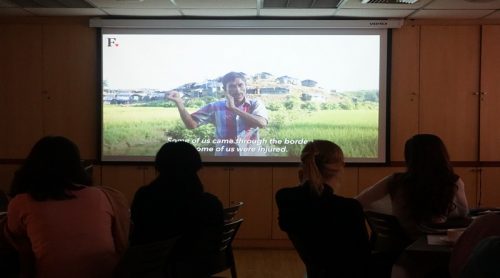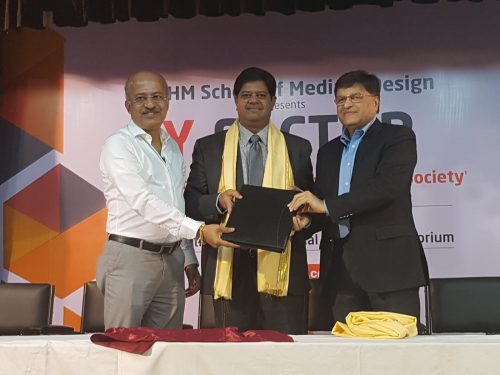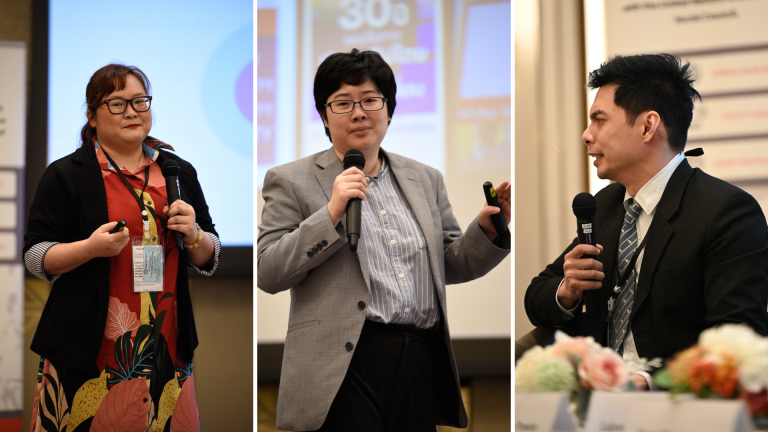
In responding to the COVID-19 pandemic, governments across the Asian region have adopted (exceptional) health protocols to contain and arrest the spread of infections, and are now focusing on acquiring vaccines and rolling vaccination programmes. Many of the measures adopted have been characterised by a securitisation of health protocols and have either failed to address the specific needs of vulnerable communities, or worsened their already precarious conditions. To facilitate discussions on these trends, and identify avenues for positive change, on 18 June 2021 Asia Centre, Harm Reduction International (HRI) and UNITE Global Parliamentarians Network to End Infectious Diseases (UNITE) co-hosted a closed peer-to-peer event, “The management of the COVID-19 pandemic in the Asia Pacific Region: good practices and lessons learned”.

The meeting featured Ministers and Members of Parliament from Bangladesh, India, Malaysia, Nepal Pakistan, the Philippines, Sri Lanka, and Vietnam who were briefed by WHO officials, experts, and civil society. The aim was to reflect on the various COVID-19 responses and share lessons learned through comparing the experiences and challenges faced by each country.
Speaking about the importance of enhancing accountability within the implementation of health protocols, Ajeng Larasati, HRI Human Rights Lead, emphasised the need for countries to discuss and adapt best policies and practices from one another, highlighting the various roles which governments, parliaments, and enforcement authorities have in ensuring just and effective health protocol implementation.
In her opening remarks, Dr Adeeba Kamarulzaman of the World Health Assembly Science Council outlined the critical need for the alignment of health protocol with evidence-based and rights-centred research. Dr Kamarulzaman pointed out that amidst an epidemic, the disproportionate effects on health and economic viability are made even more pronounced. Against a backdrop of the backsliding of human rights and the Sustainable Development Goals, the development of health-oriented and multi-stakeholder strategies are imperative in ameliorating the crisis at hand.
Dr Tamano Matsui, World Health Organisation’s Programme area manager for health emergency information and risk assessment, provided an overview of the state of the pandemic 18 months after its emergence. Dr Matsui noted that the resurgence of cases can be attributed, among others, to countries’ early lifting of control measures and the development of variants, thus underscoring the need for proper border legislation to mitigate the importation of virus variants. Moving forward, countries must focus on strengthening their detection and response capacities, as well as integrating non-pharmaceutical action within protocols.
Dr Nina Sun, Deputy Director of the Jonathan Mann Global Health and Human Rights Initiative at the Drexel University Dornsife School of Public Health, evaluated the compliance of public health emergency responses across the world with human rights standards. A key concern was a widespread lack of judicial review of emergency measures which has contributed to perpetuating discrimination within health protocol implementation, resulting in the poor public health results, as well as negative social justice and human rights impacts. Dr Sun underscored that rights and people-centred approaches are crucial to the overall success of health policies, and thus moving forward, advocated for the integration of science and community needs within the response framework.
 Dr James Gomez, Asia Centre’s Regional Director, elaborated on how the pandemic has been increasingly treated as a public security rather than a public health threat. Anticipating the findings of the upcoming Asia Centre’s report, “The Securitisation of COVID-19 Health Protocols: Policing the Vulnerable, Infringing their Rights”, Dr Gomez paused on three main securitisation models: militarised, securitised and blended civil response. Presenting data from Indonesia, Malaysia, the Philippines, Singapore and Sri Lanka, he underlined how both securitisation and data surveillance potentially infringe on privacy rights of citizens, and underlined the need for enhanced support directed towards vulnerable groups.
Dr James Gomez, Asia Centre’s Regional Director, elaborated on how the pandemic has been increasingly treated as a public security rather than a public health threat. Anticipating the findings of the upcoming Asia Centre’s report, “The Securitisation of COVID-19 Health Protocols: Policing the Vulnerable, Infringing their Rights”, Dr Gomez paused on three main securitisation models: militarised, securitised and blended civil response. Presenting data from Indonesia, Malaysia, the Philippines, Singapore and Sri Lanka, he underlined how both securitisation and data surveillance potentially infringe on privacy rights of citizens, and underlined the need for enhanced support directed towards vulnerable groups.

The presentations were followed by an exchange of experiences and lessons learned among Ministers and Parliamentarians. Representatives of Bangladesh, India, Malaysia, Nepal Pakistan, the Philippines, Sri Lanka, and Vietnam, Ministers and Members of Parliament (MPs) highlighted the adoption of similar health and social distancing protocols, including border controls, quarantine, curfews and lockdowns. Acknowledging the imperative for a people and community-centred approach in tackling the virus, they also surfaced the pressing need for existing gaps within healthcare systems to be addressed, including hospital vacancy and oxygen provision. Consensus was also reached that a multi-stakeholder task force is necessary in ensuring the proper integration of health leadership and government accountability within protocol implementation, as well as in enhancing the country’s readiness capacity.
 Additionally, Parliamentarians underscored the urgency of complementing preparedness measures with the long-term solution of vaccination programmes. Ministers and MPs alike pleaded with the international community to ensure equitable vaccine distribution. In spite of having the financial capability to procure vaccines, most cited supply disruptions and ‘vaccine apartheids’, resulting in relatively low vaccination rates in the Asian region. Moreover, in larger countries, inherent gaps within vaccine administering have caused wide inequalities and civic instability.
Additionally, Parliamentarians underscored the urgency of complementing preparedness measures with the long-term solution of vaccination programmes. Ministers and MPs alike pleaded with the international community to ensure equitable vaccine distribution. In spite of having the financial capability to procure vaccines, most cited supply disruptions and ‘vaccine apartheids’, resulting in relatively low vaccination rates in the Asian region. Moreover, in larger countries, inherent gaps within vaccine administering have caused wide inequalities and civic instability.
Lastly, within pandemic protocol frameworks, support for vulnerable groups was highlighted as an imperative in ensuring the success of health policies. In light of the pandemic that has exerted a disproportionate effect onto the vulnerable, representatives agreed that extensive protection must be provided. It was also established that enhanced support for the vulnerable would mitigate the spread of the virus. Thus, overall government accountability during declarations of state-of-emergencies was also reinforced during the discussion.
The roundtable discussion emphasised the importance of having a multi-stakeholder and community-centred health approach backed by science and evidence-based research. In handling the pandemic, governments must enhance the preparedness of their healthcare systems, provide enhanced support towards the vulnerable and engage in global collaborative efforts that enhance the equitable distribution of vaccines.
As a prelude to the full report, The Securitisation of COVID-19 Health Protocols: Policing the Vulnerable, Infringing their Rights, Asia Centre and Harm Reduction International have published an advance briefing note, Waging War Against COVID-19: The Securitisation of the Health Response in Five Asian Countries



